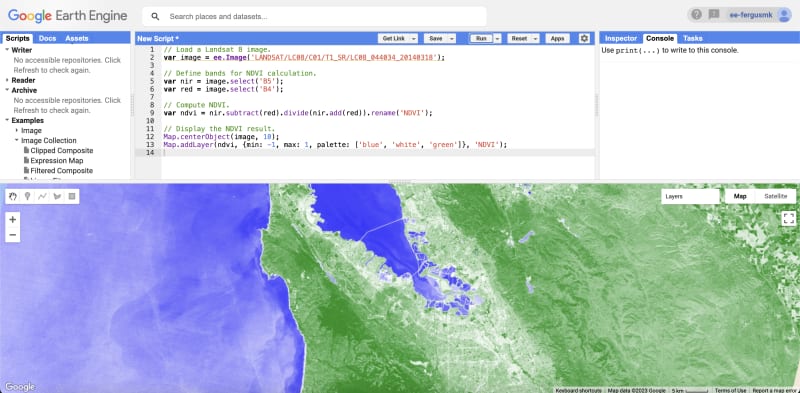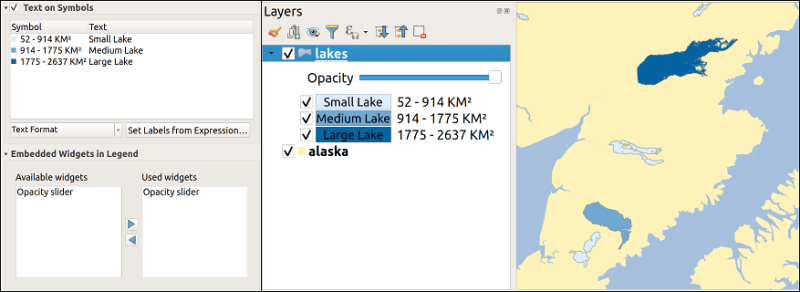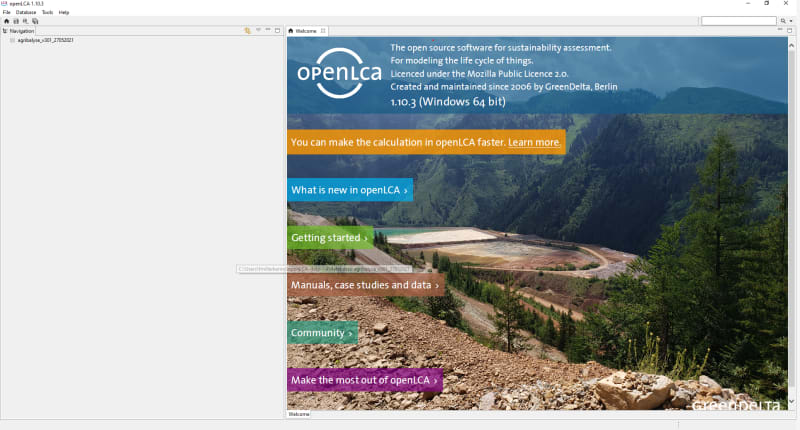Combining Data & Sustainability: 3 Great Software Solutions
Are you a MSc student from data or sustainability backgrounds? Interested in merging the two areas in your research? Here are three free software tools that you can use to conduct your interdisciplinary research. Let's dive in!
1. Google Earth Engine (GEE)
GEE is a cloud-based platform that lets you access satellite imagery from some of the world’s major space agencies including NASA’s Copernicus imagery and Sentinel imagery from the European Space Agency. It utilises Google's cloud computing resources and runs your analysis in parallel over numerous servers, which makes it excellent for handling large amounts of data.
Features:
- Access to satellite imagery from NASA and ESA.
- Utilises Google's cloud computing resources.
- Excellent for handling large data.
- Pre-processing satellite imagery handled automatically.
GEE Resources:
2. QGIS
QGIS is an open-source GIS software with a user-friendly GUI. It has an active community who are constantly making new tools for it. You can also use code to interact with your data if you prefer. QGIS is easy to pick up and use without a steep learning curve and offers a great way to visually see and interact with your data. Compared with GEE, it is considerably more flexible. QGIS's paid-for competitor is ArcGIS Pro and honestly I recommend QGIS, the features are broadly similar and QGIS has more functionality due to open-source community.
Features:
- Open-source GIS software.
- User-friendly GUI.
- Active community support.
- Can be integrated with coding.
QGIS Resources:
3. OpenLCA
OpenLCA does what it says on the tin; it is open-source software that allows you to conduct Lifecycle Analysis (or LCA). LCA involves quantifying the environmental impact of a good or substance over its lifecycle. This can mean you can understand the full environmental impact of goods, products and commodities. The only issue I have with OpenLCA is that the API doesn't really work (note they are developing it). This means you cant interact with it programatically in the same way you use the paid-for competitor SimaPro. If this is a dealbreaker, Brightway2 is a Python native alternative.
Features:
- Open-source software for LCA.
- Allows interaction with LCA databases.
- Calculates quantified impacts of various goods and commodities.
OpenLCA Resources:
Wrapping Up
These three tools are a great starting point for anyone looking to merge data analytics with sustainability research. If anyone has used any of these tools or a competitor I'd love to hear your opinion!






Top comments (0)